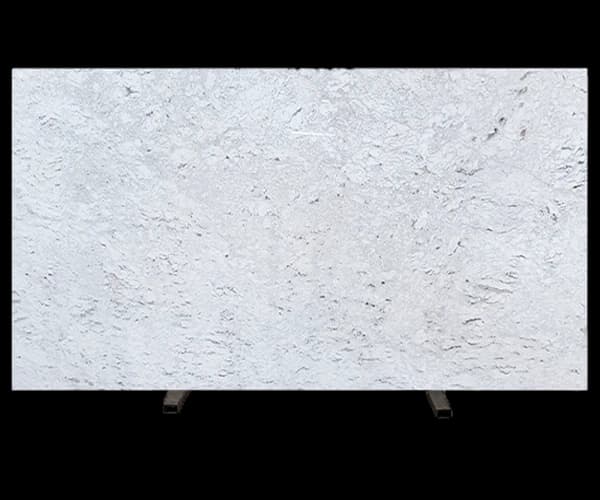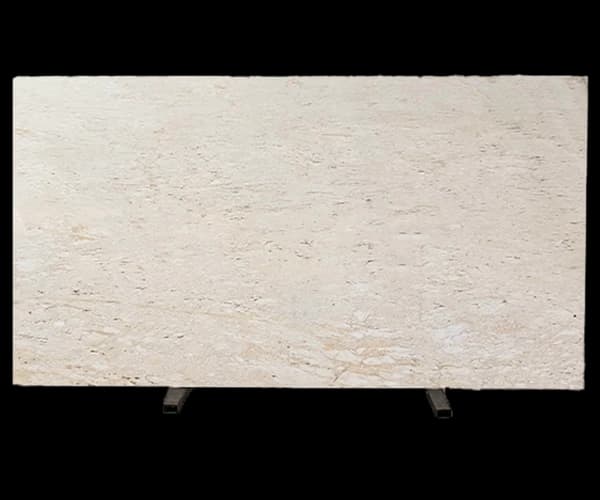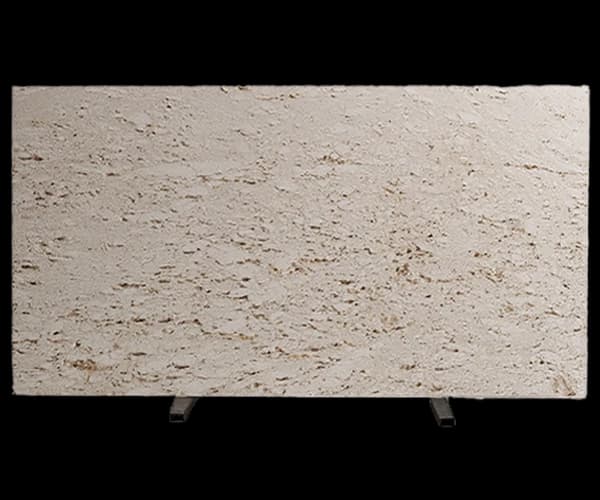Looking for travertine pavers from Turkey? This guide explains thickness, slip resistance, freeze-thaw performance and export methods so you can specify wholesale travertine pavers with confidence. As a quarry-backed Turkish travertine supplier, we provide photo-documented container loading and reliable FOB/CIF/EXW shipping options.
Travertine pavers are durable, slip-resistant natural stone tiles designed specifically for outdoor applications. They combine timeless aesthetics with practical performance, making them a top choice for patios, pool decks, driveways, and garden pathways. Turkish travertine pavers are highly valued for their weather resistance and versatility, helping homeowners and architects create elegant outdoor spaces that last for decades.
Color selection is essential when designing outdoor spaces with travertine pavers. Ivory pavers brighten terraces and pool areas, Light tones bring warmth to patios and pathways, while Antico shades provide rustic charm for traditional landscapes. Each natural variation offers distinct veining and tones, ensuring that no two pavers are exactly alike. This authenticity makes travertine pavers unique and adaptable to modern, classic, and Mediterranean-style projects.

Ivory pavers create bright, clean outdoor areas, reflecting sunlight and adding a luxury touch to terraces and pool decks.

Light travertine pavers feature beige tones that blend seamlessly with natural surroundings, ideal for patios and pathways.

Antico pavers provide rustic charm and an antique look, perfect for Mediterranean-style gardens and traditional outdoor designs.
Travertine pavers are available in several finishes, each suited to outdoor environments. Tumbled finishes add rustic character and provide extra slip resistance, polished is rarely used outdoors but creates striking accents, honed delivers smooth but less slippery surfaces, and brushed adds subtle grip with a natural look. Choosing the right finish ensures safety and aesthetic harmony in exterior designs.

Tumbled pavers offer slip resistance and rustic charm, making them the most popular choice for outdoor landscaping.

Brushed finishes provide subtle texture and grip, blending safety with elegance in outdoor areas.

Honed pavers are smooth and modern, suitable for terraces and pathways where a refined look is desired.
Travertine pavers are built for exterior performance, adapting to patios, pools, driveways, and pathways. Their natural porosity makes them cooler underfoot in hot climates, while their slip resistance enhances safety around water features. They withstand temperature changes and weather conditions, making them a sustainable, long-term solution for landscaping. Architects and homeowners value travertine pavers for their blend of beauty and practicality in outdoor living spaces.
Tumbled travertine pavers stay cool underfoot and provide natural slip resistance. Use 30–40 mm thickness and seal periodically to protect against chlorine and salt water.
Outdoor living areas benefit from brushed or tumbled textures that add grip. Large formats minimize joints, and lighter colors reduce heat absorption in sunny climates.
For vehicular loads, use 40 mm+ thickness with compacted base. Travertine pavers withstand freeze-thaw cycles when properly installed with drainage.
Create elegant outdoor living areas with natural travertine pavers.
Slip-resistant and cool underfoot, perfect for swimming pool surrounds.
Durable pavers withstand heavy loads and create timeless paths.
Travertine pavers are manufactured with outdoor use in mind, offering strength, slip resistance, and weather endurance. Standard thickness is 30–50 mm to handle outdoor loads. Sizes include squares, rectangles, and modular patterns. Absorption rates average 0.5–1.0%, requiring sealing for stain protection. Their specifications make them ideal for landscaping and exterior design projects where durability and safety are key.
Travertine pavers should be installed on compacted sand or gravel with proper drainage. Jointing sand or mortar can be used depending on application. Around pools, sealing is recommended to protect against chlorine or saltwater exposure. Routine maintenance includes sweeping debris, rinsing with water, and resealing every 1–2 years. Avoid acidic cleaners which may damage the stone surface.
We’ll get back to you shortly.


